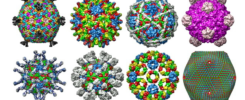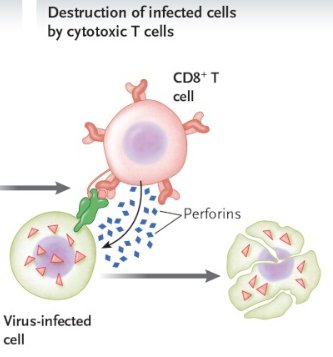Vitamin D reduces the severity of respiratory viral infections
Previous articleViral infections and how our immune system deals with it Next article ACE inhibitors and Ibuprofen – Any link to COVID severity?
Next article ACE inhibitors and Ibuprofen – Any link to COVID severity?
 Next article ACE inhibitors and Ibuprofen – Any link to COVID severity?
Next article ACE inhibitors and Ibuprofen – Any link to COVID severity?
